My Favorite Logic Resources
Is it really important to add logic studies in your homeschool from PK-High School? Yes!
Our children need to know how to think. With the ability to think, almost any topic at any time can be learned and/or thought about critically. Christian children who hope to defend their faith in the world absolutely MUST be able to think critically.
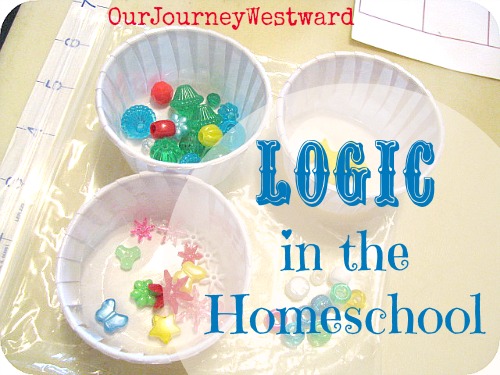
This post contains affiliate links. Read my entire disclosure here.
Formal vs. Informal Logic
Most people would argue that a child’s mind isn’t ready for “formal logic” until at least middle school, and I agree. That doesn’t mean you can’t teach any logic. Introducing what I call “informal logic” early begins to train the mind to think critically, solve problems, make connections, and understand that deep thinking & perseverance are important attributes.
What’s the difference between the two?
Informal Logic includes analogies, if/then statements, all/no statements, patterning, classification, problem solving activities, mind-stretching games, matrix puzzles and more.
Formal Logic is more about finding fallacies/truths in arguments and defending/debunking arguments. A healthy dose of informal logic goes a long way in preparing a mind to go deep with formal logic when the time comes.
How To {Easily} Add Logic To Your Schedule
First and foremost, if you start early and make it fun, your children will LOVE logic and beg to do it. Why? Puzzlers, board games, card games, hands-on sorting and so much more make up informal logic – what kid wouldn’t love that? Luckily, there are tons of wonderful (and inexpensive) resources available to you – and they’re super easy to implement.
I’m sharing my top choices to teach logic to various age levels below. Pick one and dive in. You’ll love it!
PK-2nd Logic Resources
Lollipop Logic: Grades K-2, Book 1Lollipop Logic, Book 2 (Grades K-2)Lollipop Logic, Book 3 (Grades K-2)Mind Benders Book 2 (Grades 1-2)Primarily Bears (Project Aims. Grades K-6) (A Collection of Elementary Activities)Group Solutions: Cooperative Logic Activities for Grades K-4
3rd-5th Logic Resources
Logic Safari Book 1Logic Safari Book 2Primarily Logic, Grades 2-4The Critical Thinking Mind Benders Book 3 School WorkbookLogic Countdown, Grades 3-4Logic Liftoff, Grades 4-6MindWare Perplexors: BasicMindWare Math Perplexors: Basic Level
Middle School Logic Resources
The Critical Thinking Mind Benders Book 4 School WorkbookThe Critical Thinking Mind Benders Book 5 School WorkbookMind Benders: Deductive Thinking Skills, Book 6, Grades 7-12+Logic Safari Book 3Orbiting with Logic (Blast Off with Logic)The Great Chocolate Caper: A Mystery That Teaches Logic SkillsThe Fallacy Detective: Thirty-Eight Lessons on How to Recognize Bad Reasoning
High School Logic Resources
Mind Benders: Deductive Thinking Skills, Book 7, Grades 7-12+Mind Benders: Deductive Thinking Skills, Book 8, Grades 7-12+Traditional Logic 1 Set
Logic Games
Games are a fantastic way to practice logic! The good news is that almost any game includes logical thinking skills. Here’s a {really short} list of my faves. Most of them work for various age levels.




Some Logic Lessons To Do Today
I’ve blogged about many of our logic lessons before. Below are some of the most popular posts.
Questions? Just ask.
Logic and Gifted Kids
You don’t have to have gifted kids to teach logic in your homeschool. However, lots of gifted children are great at logic. In case you’ve landed on this page because you have a gifted child and need some resources, I’m here to help. Check out Homeschooling Gifted Kids for tips and tricks for all things academic having to do with gifted homeschooling.
Other Great Math Resources:
-

-
 Math in Nature$20.00
Math in Nature$20.00 -
 Loving Living Math$20.00
Loving Living Math$20.00





















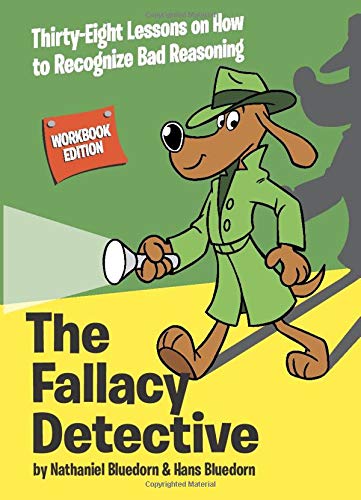




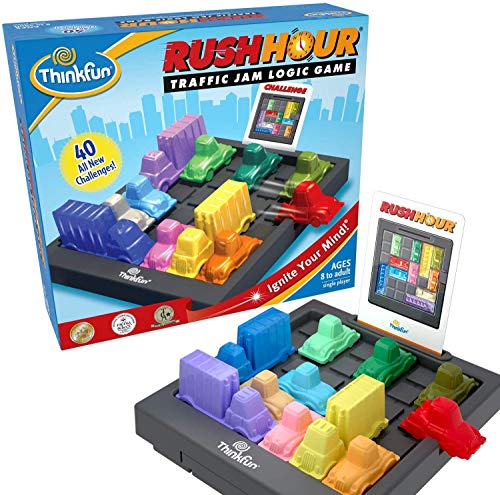


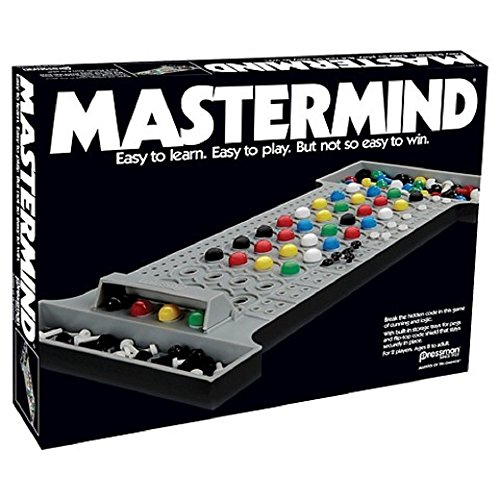




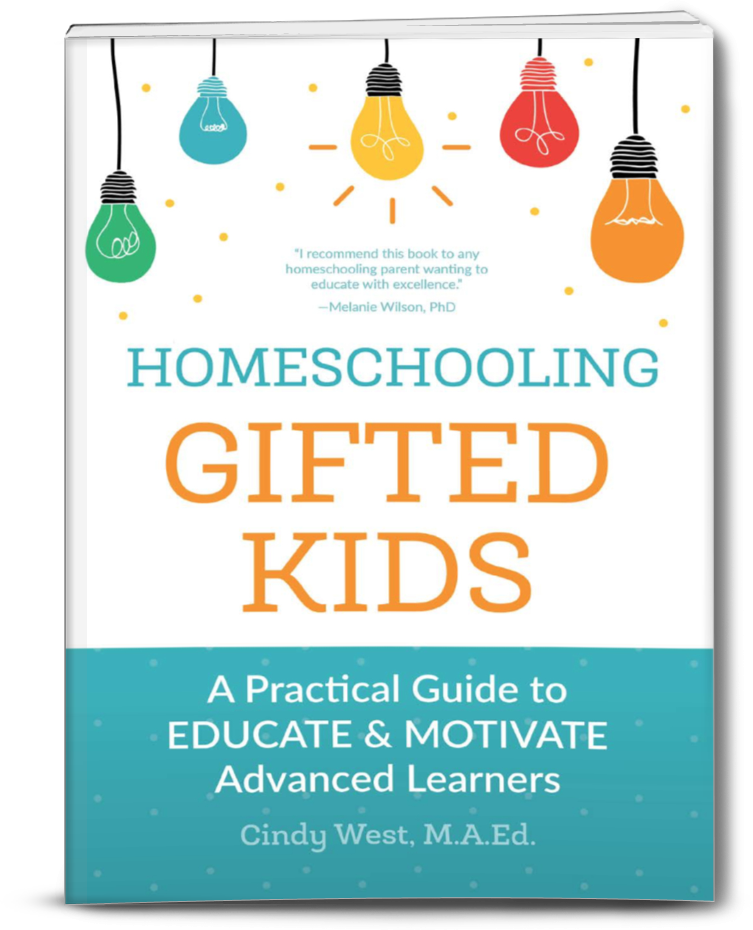



I am so glad I came across your blog! My daughter is about to enter Kindergarten and I am SERIOUSLY considering homeschooling. I live here in Lexington and needed a good place to find resources. This is perfect!!
Marissa, you’ll LOVE homeschooling! 🙂
Thanks for sharing these resources! I’ll be pinning to my logic board =)
Hi Cindy, it’s Jackie stopping by from the Let’s Homeschool High School Blog Hop. Thank you so much linking up with us the new year!
I am a big believer in working on logic skills in our homeschool. I think it builds a solid foundation. I know several of the books we used when my daughter was younger were quite fun so she didn’t even equate it to schooling.
I look forward to you linking up with us again next month.
Hi 🙂
we have really enjoyed playing around with logic as well. We’ve especially enjoyed The Fallacy Detective.
I love that you have a list of games! While I adore logic, my teen doesn’t. It would be fun to hide it in a family game.
Great resources thanks for sharing.
We are using The Art of Argument in our homeschool this year and my kids LOVE it!!
Thanks for sharing at the Finishing Strong Link-up!
Hi Cindy!
Just a quick question – If you have not done logic workbooks, such as the perplexors, would you start an older child off in the basic or level 1 book or would you go straight to the one for his/her age group? Also how many a week would you recommend doing?
Hey Stephanie. I usually start all newbies off with beginner level books. They may move through the books quickly, but I find the books usually build on critical steps that are hard to dive into successfully if you jump in mid-level.
Thanks for the response Cindy.
Also, how many perplexor sheets do you recommend for the week? Maybe just 2 on Fridays? I also plan on having them do 2 or 3 sheets of the dyslexic games everyday.
We typically have one day of logic puzzling per week. Depending on the difficulty and whether we’re doing other activities or not, we usually work through two logic puzzles. Sometimes more, sometimes less. 🙂